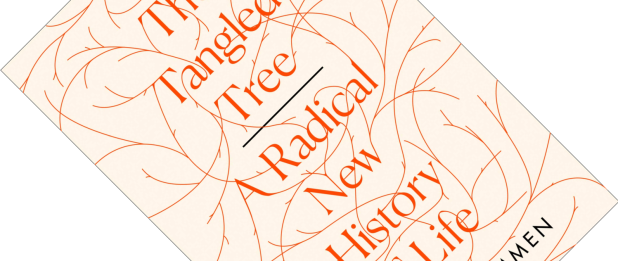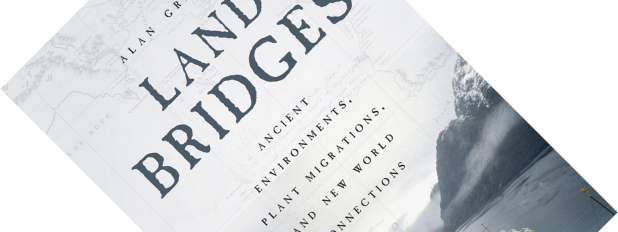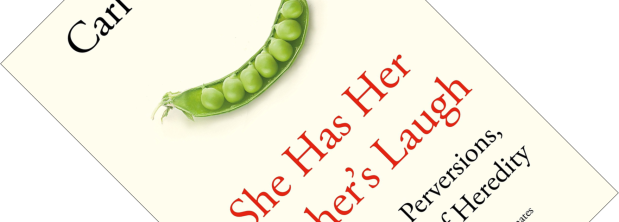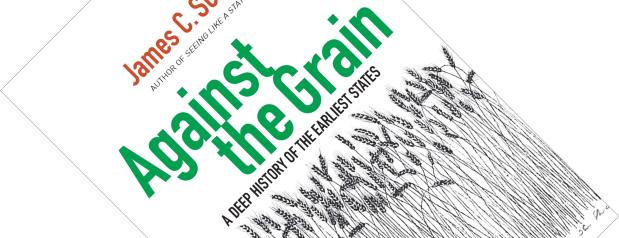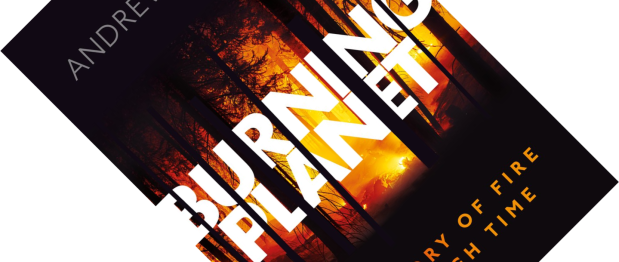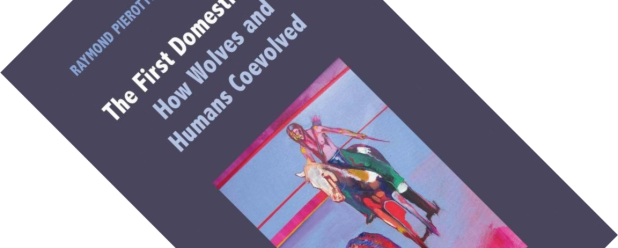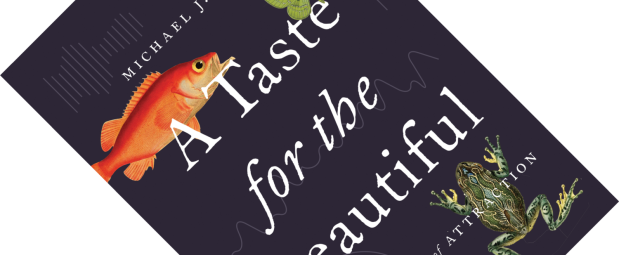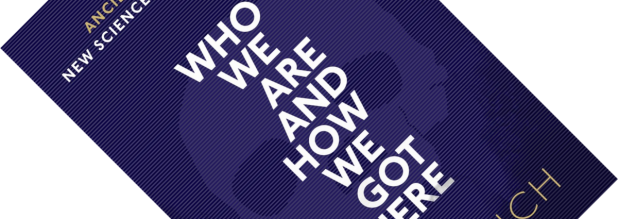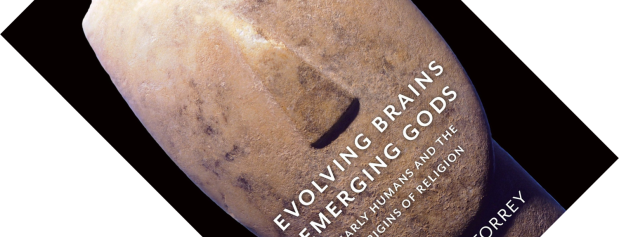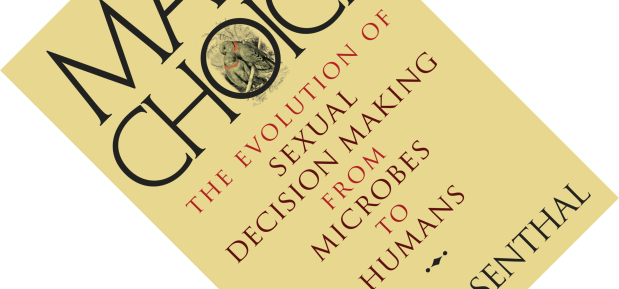After I recently finished Carl Zimmer’s new book She Has Her Mother’s Laugh: The Powers, Perversions, and Potential of Heredity, I noticed there was one mechanism of heredity he mentioned only ever so briefly: horizontal gene transfer. Since it does not play a large role in humans, it is understandable he left it aside. And doing it justice would have required almost another book. Luckily, science writer David Quammen is here to give us that book.
human evolution
Book review – Land Bridges: Ancient Environments, Plant Migrations, and New World Connections
Before plate tectonics became an accepted idea in geology, Lyell’s doctrine of uniformitarianism still ruled supreme (see my review of Cataclysms: A New Geology for the Twenty-First Century for a short introduction). A corollary was that the continents supposedly had always been where they are now. One observation scholars had to explain away was that the same fossils occur on both sides of the various oceans. Looking at maps, some people noticed the thin strip of land connecting North and South America and concluded that land bridges must have formed and sunk beneath the waves at just the right times in history to enable migrations (see Four Revolutions in the Earth Sciences: From Heresy to Truth for more details). As explained in The Tectonic Plates are Moving!, we know better nowadays. Nevertheless, the concept of land bridges is still alive and well today, and palaeobotanist Alan Graham here introduces five of them, exploring their effects on biogeography, climate, and human history.
Book review – She Has Her Mother’s Laugh: The Powers, Perversions, and Potential of Heredity
If Charles Darwin were to walk into my office today and ask me: “So, what did I miss?” I think I would sit the good man down with a copy of She Has Her Mother’s Laugh, telling him: “Here, this should get you up to speed”. Darwin struggled to explain how traits were being inherited from generation to generation. As New York Times columnist Carl Zimmer shows in this wide-ranging book, the story of heredity has turned out to be both diverse and wonderful, but has also been misappropriated to prop up some horrible ideologies.
Book review – Against the Grain: A Deep History of the Earliest States
History books tend to portray the transition of humans as hunter-gatherers to farmers – and with it the rise of cities, states and what we think of as civilization at large – as one of progress and improvement. But with Against the Grain: A Deep History of the Earliest States, political scientist and anthropologist James C. Scott challenges this narrative. That our switch to an existence as sedentary farmers impacted our health is something I was familiar with from palaeopathological findings, see for example Ungar’s Evolution’s Bite: A Story of Teeth, Diet, and Human Origins or Hassett’s Built on Bones: 15,000 Years of Urban Life and Death. But Scott tackles this subject from many angles, summarising accumulating archaeological and historical evidence to provide a fine counter-narrative.
Book review – Burning Planet: The Story of Fire Through Time
Fire is a force of nature that both fascinates and frightens. Large wildfires around the world seem to be on the rise and are a cause of concern due to the risk to lives and property. But fire also is an essential part of the workings of our planet that pre-dates humans by a long time. How long? For the last 40 years, geologist and palaeobotanist Andrew C. Scott has researched plant remains in the fossil record that have been preserved by fire in the form of fossil charcoal. In Burning Planet, he takes you on a 400-million-year deep-history tour of fire and how it has shaped our planet.
Book review – The First Domestication: How Wolves and Humans Coevolved
The evolution of domestic dogs from wolves is something that has been written about a great deal. Seeing dogs are one of our oldest domesticates and very close to our hearts, there has been an intense interest in this subject. The First Domestication provides a new perspective by turning to a rich vein of knowledge that is often ignored by contemporary Western scientists: traditional stories from tribal and indigenous peoples. If the sound of that makes you roll your eyes – something I am normally much inclined to do – you would be missing out on an incredibly well-written book that deserves your full attention.
Book review – A Taste for the Beautiful: The Evolution of Attraction
Here is a strange question: does the sight of a peacock’s tail make you sick? Well, it did have this effect on Charles Darwin. The reason was perhaps more cerebral than anything else. With A Taste for the Beautiful: The Evolution of Attraction, professor in animal behaviour Michael J. Ryan gives a superbly readable and accessible account of his and other’s studies that address how sexual beauty comes about, and why we see such a bewildering diversity of traits used in mate choice.
Book review – Who We Are and How We Got Here: Ancient DNA and the New Science of the Human Past
You may have missed it, but archaeology is undergoing a silent revolution. The story of our deep history used to be based on skeletal remains, linguistics, and the analysis of objects and tools our ancestors left behind, but since about three years archaeologists have a new tool in their arsenal. The analysis of DNA from old bones, or ancient DNA. David Reich has been at the forefront of developing this technique and argues that it is rewriting most of what we thought we knew about the last 350,000 years or so of human history. Brace yourself, things are about to get complicated…
Book review – Evolving Brains, Emerging Gods: Early Humans and the Origins of Religion
As mentioned previously in my review of Barbara King’s Evolving God, religion is a pervasive phenomenon, and many scholars have put forward explanations of how, when, and why it arose. The arguments King put forth did not convince me that religion is anything more than a by-product of our evolution. Apparently, so did Darwin. Though believers often like to point out Darwin was a Christian too, he struggled to reconcile the two and ultimately lost his faith. American psychiatrist E. Fuller Torrey gracefully acknowledges this intellectual heritage and here updates this idea, putting forth the convincing argument that religion arose as a by-product of brain evolution.
Book review – Mate Choice: The Evolution of Sexual Decision Making from Microbes to Humans
I have to preface this review by pointing out that I did not read this book from a fully neutral position. Gil Rosenthal, a professor in biology, ecology and evolutionary biology at Texas A&M University, does mate choice research on fish. So did I. Though he works on live-bearing swordtails and I worked on threespine sticklebacks, some of the work he discusses has been written by people I knew personally as supervisor, co-workers or colleagues. Many more publications referenced are ones I also read during the course of my PhD research. You could say that mate choice research is a field I am, errr, intimately familiar with. At least where fish are concerned. At the same time, I left academia after graduating in 2010, so this book seemed like a good opportunity to get back in touch with this research field.
Anyway. Sex.

